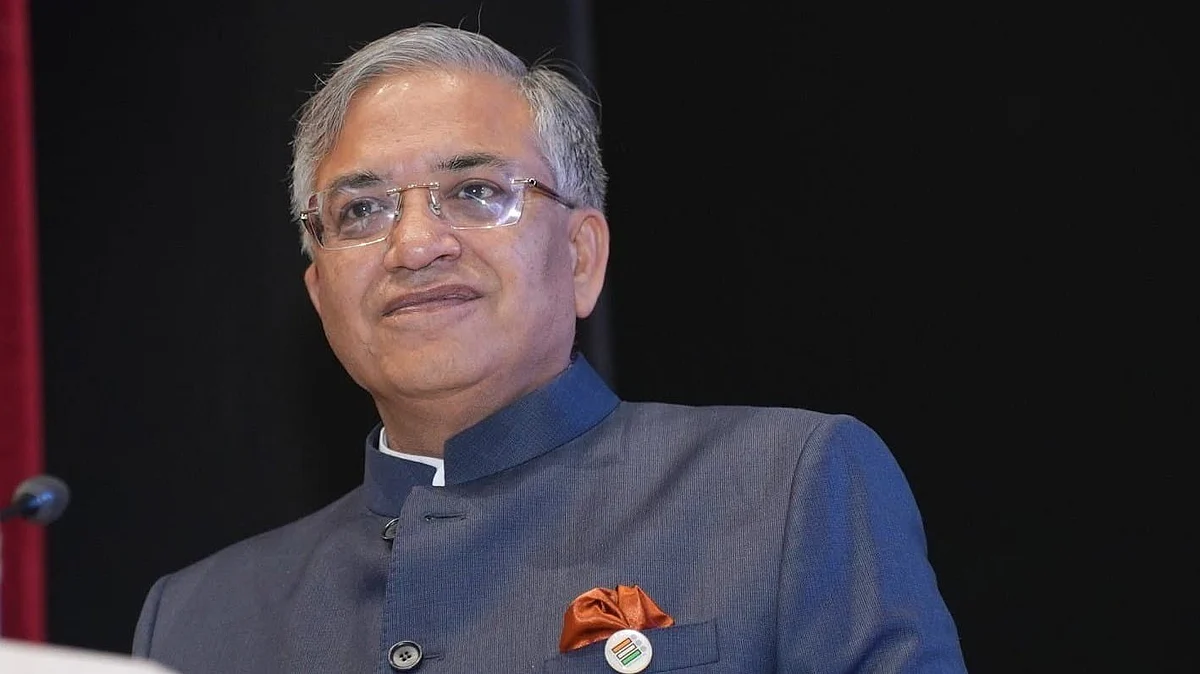The Supreme Court has kindled a ray of hope for millions of voters in Bihar by agreeing to hear a batch of petitions challenging the so-called “special intensive revision” of electoral rolls in the state. A two-judge vacation bench comprising Justices Sudhanshu Dhulia and Joymalya Bagchi has listed the matter for hearing on July 10. The urgency cannot be overstated because the revision process is already underway. If it continues unchecked, it could disenfranchise crores of voters, especially the poor, the migrant workers, and the marginalised. This could amount to one of the gravest disservices the Election Commission can do to Indian democracy.
It is ironic that when someone filed an RTI query to confirm Prime Minister Narendra Modi’s citizenship, the government’s reply was straightforward: he was born in India; hence, he is a citizen. That logic should have applied equally to the nearly four crore Biharis now being asked to “prove” their citizenship to remain on the voters’ list for the upcoming Assembly elections in November. Instead, they are being compelled to submit one of 11 documents prescribed by the Election Commission documents which many poor and working-class citizens neither possess nor can procure easily. The Commission’s counsel, Senior Advocate Gopal Sankaranarayanan, admitted before the court that Aadhaar cards, ration cards, and even existing voter ID cards that most people managed to have would not suffice. Voters must show that they or their parents were listed on the 2003 electoral rolls.
This is an absurd and deeply unjust requirement. Bihar is one of India’s poorest states. Large numbers of its people migrate for work and survival. Many have been displaced due to floods. Expecting them to dig out or obtain decades-old records some of which never existed for the rural poor is both insensitive and impractical. Worse, it smacks of discrimination. The Constitution guarantees every citizen the right to equality, life, and dignity under Articles 14 and 21 of the Constitution.
To be treated as an alien in one’s own land simply because one lacks a piece of paper is an affront to those rights. If the aim is truly to clean up the rolls, the benchmark should be the 2024 general election the most recent, inclusive and authenticated exercise which brought Narendra Modi back to power for a third time. Naturally, the names of deceased voters should be deleted, and those who turned 18 should be added. But to go beyond that is not revision it is exclusion. And when that exclusion disproportionately affects the poor and minorities, it begins to look like something far more sinister. The hope now lies with the apex court. May its verdict reaffirm the faith of millions in democracy and protect the most sacred right of every citizen the right to vote.











